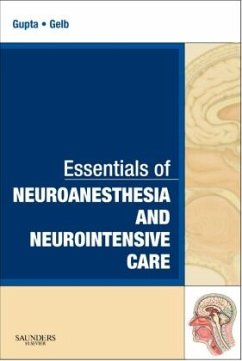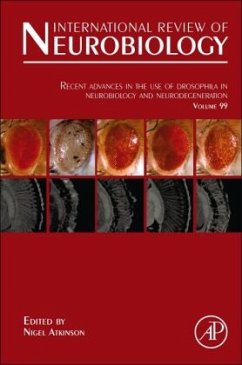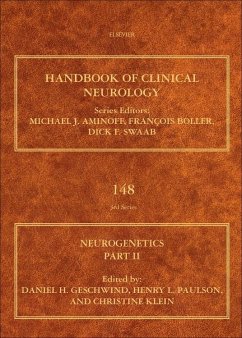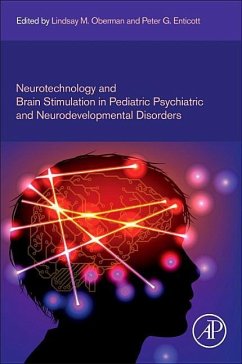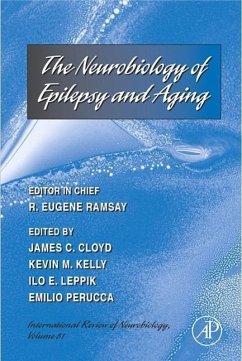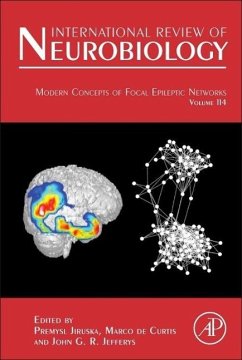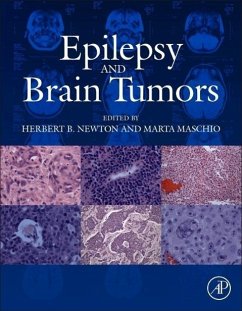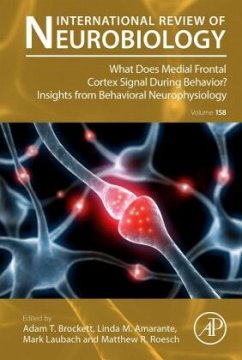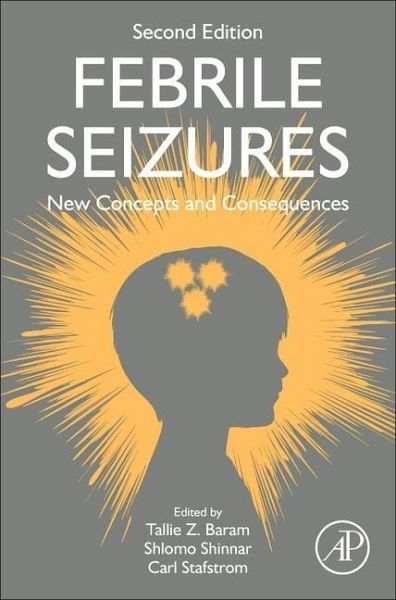
Febrile Seizures
New Concepts and Consequences
Herausgegeben: Baram, Tallie Z.; Shinnar, Shlomo; Stafstrom, Carl E.

PAYBACK Punkte
57 °P sammeln!
Febrile seizures are the most common seizures in infants and children worldwide, This fact provides strong impetus to study and understand them and their consequences, and consider their treatment. These topics were the focus of the first edition of this book.The 20 years since the publication of this first edition have witnessed an explosion of new information about febrile seizures, meriting this new edition. Key advances have been made in the genetics and neurobiological underpinnings of febrile seizures and especially the very long fever-related seizures called febrile status epilepticus. ...
Febrile seizures are the most common seizures in infants and children worldwide, This fact provides strong impetus to study and understand them and their consequences, and consider their treatment. These topics were the focus of the first edition of this book.
The 20 years since the publication of this first edition have witnessed an explosion of new information about febrile seizures, meriting this new edition. Key advances have been made in the genetics and neurobiological underpinnings of febrile seizures and especially the very long fever-related seizures called febrile status epilepticus. The role of neuroinflammatory factors in the emergence of these seizures and their consequences, the demonstration of unique clinical and neuroradiological aspects of febrile status epilepticus, and the prospect of predictive (bio)markers to identify and characterize cognitive and epilepsy outcomes are exciting and important. In this edition, the authors and editors tackle these developments in chapters addressing the questions of parents, physicians, allied health care professionals and basic and translational scientists.
The 20 years since the publication of this first edition have witnessed an explosion of new information about febrile seizures, meriting this new edition. Key advances have been made in the genetics and neurobiological underpinnings of febrile seizures and especially the very long fever-related seizures called febrile status epilepticus. The role of neuroinflammatory factors in the emergence of these seizures and their consequences, the demonstration of unique clinical and neuroradiological aspects of febrile status epilepticus, and the prospect of predictive (bio)markers to identify and characterize cognitive and epilepsy outcomes are exciting and important. In this edition, the authors and editors tackle these developments in chapters addressing the questions of parents, physicians, allied health care professionals and basic and translational scientists.




